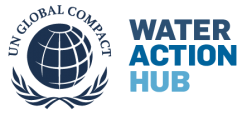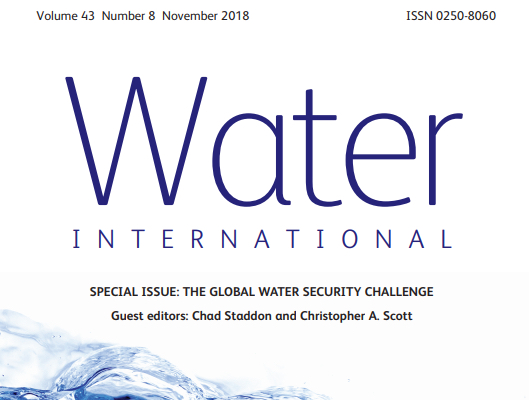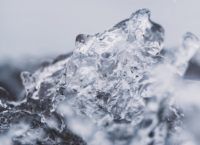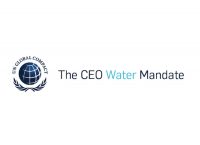Primary Functions
- Gain a deeper understanding of the use of water in producing and consuming food.
Detailed Description
Water is the basis of life. And, unlike various forms of energy generation, water cannot simply be created where it is needed. Freshwater is remarkably scarce, comprising just 2.5% of the global water supply. Although this water at an annual level may be judged as sufficient for human use, spatio-temporal variations in the availability of freshwater over the globe is a challenge. Growing populations and rising levels of affluence mean increased competition for water, raising vital questions of equity, access, and social justice at the global scale. Water is thus a lens through which to examine an array of vital issues facing humanity and the planet: human and animal health; food production; environmental management; resource consumption; climate change adaptation and mitigation; economic development, trade and competitiveness; and ethics and consumer trust – to name but a few.
The articles here, arising from a workshop supported by the OECD Co-operative Research Programme: Biological Resources Management for Sustainable Agricultural Systems, on virtual water, agriculture, and trade at the University of Nebraska-Lincoln in September 2016, consider questions of gaps in knowledge, why sustainability matters, and the policy implications of virtual water trade.
A pervasive theme throughout the articles herein, and the workshop that initiated them, is the general lack of knowledge of the use of water in producing and consuming food. For instance:
-
Consumers are generally unaware, when they purchase imported goods, that they are effectively outsourcing water depletion in the form of crop or food demands in another country or region.
-
Agricultural regions suffering from droughts invite public scrutiny about producers’ water practices (e.g. irrigation) particularly when consumers in nearby cities are subjected to water advisories or supply cutbacks.
-
The lack of good data, computing tools, and interpretation techniques (in the context of future climatic scenarios and impact on water supply) is a major issue in terms of how water is managed now and in the future.
-
As water stresses increase, we need better transparency of policies that incentivize or determine water use in agriculture.
-
Also unclear is whether food producers and the food system in general (i.e., processors and retailers) fully understand the long-term implications of unsustainable water use from aquifers.







